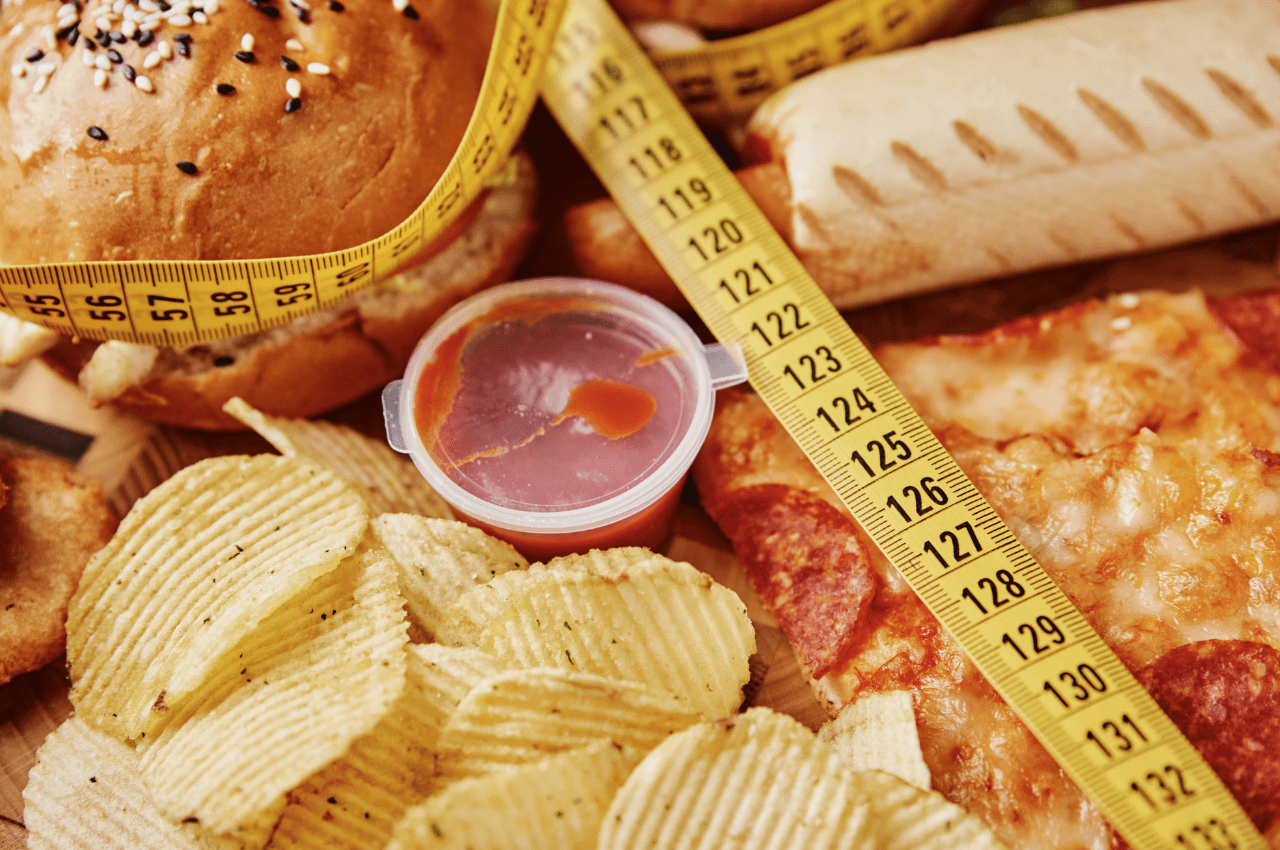5 Simple ways to stop stress eating!
•Weight loss

Share
Sometimes the strongest food cravings hit when you're at your weakest point emotionally. You may turn to food for comfort — consciously or unconsciously — when facing a difficult problem, feeling stressed or even feeling bored.
Emotional eating can sabotage your weight-loss efforts. It often leads to eating too much — especially too much of high-calorie, sweet and fatty foods. The good news is that if you're prone to emotional eating, you can take steps to regain control of your eating habits and get back on track with your weight-loss goals.
Anything from work stress to financial worries, health issues to relationship struggles may be the root cause of your emotional eating.
Why food?
Negative emotions may lead to a feeling of emptiness or an emotional void. Food is believed to be a way to fill that void and create a false feeling of “fullness” or temporary wholeness.
Some other reasons that people are turning to food are because they're not engaging in activities that might otherwise relieve stress, sadness. They also might not understand the difference between physical and emotional hunger and one of the biggest contributors is the change in cortisol levels in response to stress, leading to cravings.
Discovering other ways to deal with negative emotions is often the first step toward overcoming emotional eating. It takes time to shift your mindset from reaching for food to engaging in other forms of stress relief, so experiment with a variety of activities to find what works for you.
Some people find relief in getting regular exercise. A walk around the block or a quick game with the kids may help in particular moments and distract you from wanting to shovel food down.
Even basic chores around the home like tidying up, organising the garage or even mowing the lawn can take the edge off.
When trying to lose weight most people try to eliminate way too much. You might limit calories too much, eat the same foods repeatedly and starve yourself of treats.
Doing things like that will just increase your food cravings, especially in response to emotions. Eat satisfying amounts of healthier foods, enjoy an occasional treat and get plenty of variety to help curb cravings.
The best distractions from emotional eating are things that take only about five minutes—just long enough to help you switch gears.
Some ideas for switching gears include:
- going for a five-minute walk
- sitting outside
- putting on your favourite music
- calling a mate to chat
The more ways you can think of to distract yourself, the easier it will become over time to stop stress eating. Instead, resisting will become your new habit.
Another way to control emotional eating is to figure out what your triggers are.
Things like keeping a food diary that records not only what and how much you ate, but also how you felt at the time. It may help you identify triggers that lead to emotional eating.
You can jot down notes in a notebook or turn to technology with an app like MyFitnessPal. While it can be challenging, try to include EVERYTHING you eat — however big or small — and record the emotions you’re feeling at that moment.
Once you recognize a pattern, develop a strategy to break it.
For instance, if you often eat because you think you deserve it after a tough day, remember that you also deserve to lose weight, feel healthy, and be proud of yourself. If you eat because of stress, learn to dial back that stress.
Learn from setbacks.
If you lose the plot and demolish a family pack from Mcdonalds on the way home, forgive yourself and start fresh the next day. Try to learn from the experience and make a plan for how you can prevent it in the future.
Focus on the positive changes you're making in your eating habits and give yourself credit for making changes that'll lead to better health.





